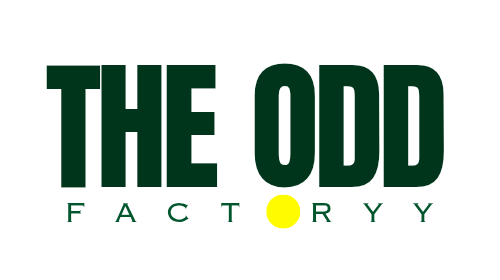Organic farming is one of the best approaches to producing high-quality organic fibers, which is then converted into the fabric by the Best Garment Manufacturers in India. Natural fabrics, when manufactured using organic production systems right from thread to fabric state, are known as organic fabric.
In the organic farming method, the Small Order Clothing Manufacturers in India say that fibers are grown in controlled settings with no pesticides and are synthetic for tillers or toxic chemicals. Additionally, federal regulations prohibit the use of genetically engineered seeds for organic farming.
Organic cotton is a prominent organic fabric widely available and also used to make organic farming. 100% certified organic cotton is the most eco-friendly in comparison to other cotton as it causes very low or no impact on the environment. On the other hand, conventional cotton production has different social and economic risks, especially for the farmers in developing countries.
What is organic fabric?
Cotton is a very pesticide-intensive crop and is one of the most widely grown crops globally. The pesticides used during cotton farming are pretty harmful and impact the earth\’s water, soil, air, and people\’s health in cotton farm areas. To maintain the quality, Clothing Manufacturers for Startups in India and organic trade associations monitor the organic farms where the organic fibers are grown. India, Turkey, China, Tanzania, and the United States produce at least 97% of the total global organic cotton fiber. At an odd factory, you can find the best quality cotton that has minimum impact on the environment.
What variation does the organic fabric offer?
Organic cotton fabric is made from organically grown cotton fiber, and besides organic cotton sustainable fabrics list also includes organic silk and organic wool. The origin and manufacturing person should be organic for a thread to be certified as organic. To quote simply, the operations must be managed following the organic standards that no prohibited chemicals must be used for at least three years. The world must come from certified organic sheep in case of organic wool fabric that has no banned chemicals used on the land for at least three years, and the animal must be raised in accordance with the organic standards. Organic silk is manufactured in a way that there is no destruction of the silkworms to harvest the silk cocoons. To be certified organic, spinning dyeing and garments are also required if the final product is to wear a certified organic label under digital Textile fabric printing in India.
The production process of organic fabrics:
- The Private Label Clothing Manufacturers in India generally follow a production process for producing organic fabric.
- Firstly the manufacturers store and clean the organic fibers in segregated sections.
- The organic fiber processing steps like opening, drawing, cleaning, etc. and it is done in batch mode with pre-cleaning of all the processing equipment.
- Cardigan coming is also carried out in the dedicated machinery.
- The organic yarns are produced in the isolated ring spinning section that also features a physical barrier to prevent cross-contamination by the fibers.
- Some of the dedicated looms are assigned 400% organic fabric production.
- By color-coding, all the organic fiber and yarn handling are segregated.
- The cream fabric draft from the loom is marked for the date of production, machine number length of the piece, and other relevant technical information, which allows full tracking.
- For sizing, corn starch is used.
- Hydrogen peroxide is used in the bleaching process of the chlorine compounds.
Benefits of using eco-friendly fabrics:
- The Custom clothing manufacturers in Sydney say that eco-friendly fabrics offer unique benefits.
- When growing organic fabrics, no chemicals or pesticides are used.
- The organic fabrics maintain soil fertility.
- Organically grown fabrics can be used to produce organic food products for people and animals, which is essential not just for the clothing chain but also for the food chain.
- Organic farming produces less carbon dioxide emissions, and it takes 1.5 tons of carbon dioxide per acre per year.
- Organic farming also uses 60% less water as compared to the typical farming methods.
- The pesticides or herbicides residues are not entered accidentally into the environment.
- Builds a biologically diverse agricultural environment.
- Humans and animals are not exposed to chemical pesticides or herbicides during the process.
- When the fabric has been discarded, the pesticides or the herbicides are not returned to the earth.
- It builds more jobs and income for the local farmers.
The Bespoke Clothing Manufacturers in France need to align with the global organic textile standards. At an odd factory, you can find different types of organic fabrics like Bamboo silk, mulberry silk, banana silk, organic cotton, muslin, cotton bamboo, and hemp. Organic materials are here to stay, so one should not think twice before investing in them.



